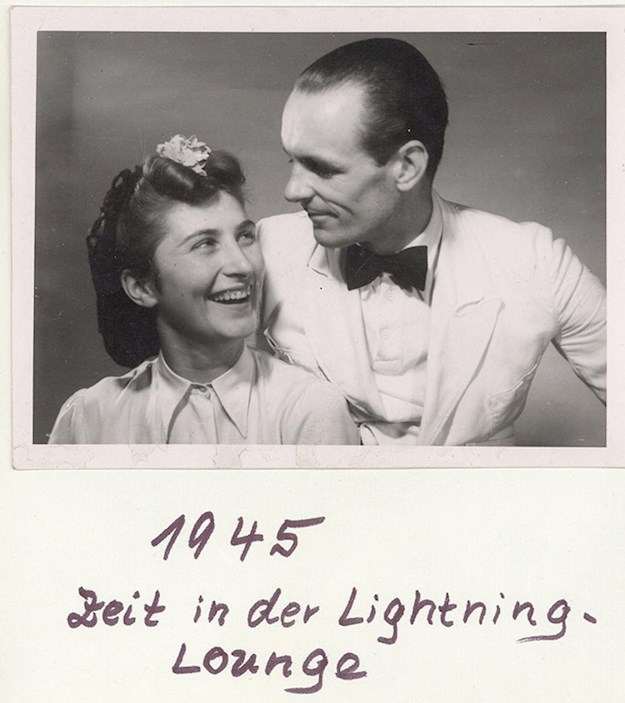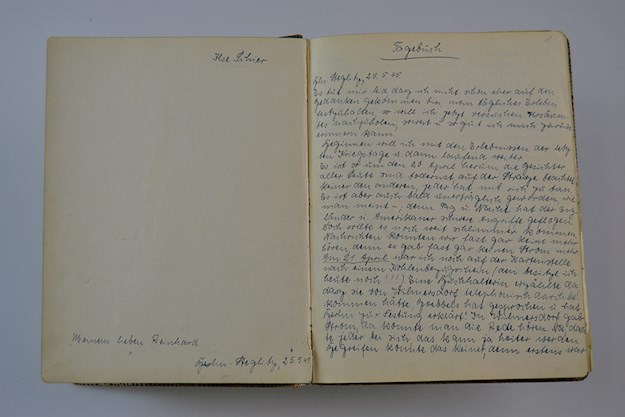The German Ilse Schier spent her childhood and youth in East Prussia, the easternmost part of the German Reich. Her rural idyllic life there ended abruptly with the outbreak of the Second World War.
The German Ilse Schier spent her childhood and youth in East Prussia, the easternmost part of the German Reich. When she was twelve, her parents took over a shop in Schillen (Szillen). Her rural idyllic life there ended abruptly with the outbreak of the Second World War. Her father was sent to the front in Poland; even the family’s lorry was confiscated. Her mother soon had to give up the shop. The situation changed in 1940, when Ilse’s aunt offered to sell her tavern in Berlin to her parents.
In March 1941, they moved to the capital, where Ilse had to familiarize herself not only with big-city life but also with the war: food rationing and air raid alarms became part of her everyday routine. At the age of 20, and about to give birth to her daughter, she returned to Schillen, only to flee back to Berlin with the child in 1945, as the Soviet forces moved closer.
Ilse Schier spent the last days of the war with her one-year-old daughter in an air raid shelter. The suffering in those days was almost unbearable for her. As the Soviet troops took the city, plunder and rape were a constant threat.
She was therefore greatly relieved when the southwestern part of Berlin, where she lived, was occupied by U.S. forces. She got a job in an American officers’ club but disdained the women who entered into relationships with G.I.s. For her, not even hunger was an excuse.
In August 1945 her husband returned from Soviet captivity. The young reunited family started a new life exploiting in 1951 a bar-restaurant named Kottbusser Klause that was to become a well-known establishment in post-war Berlin.


